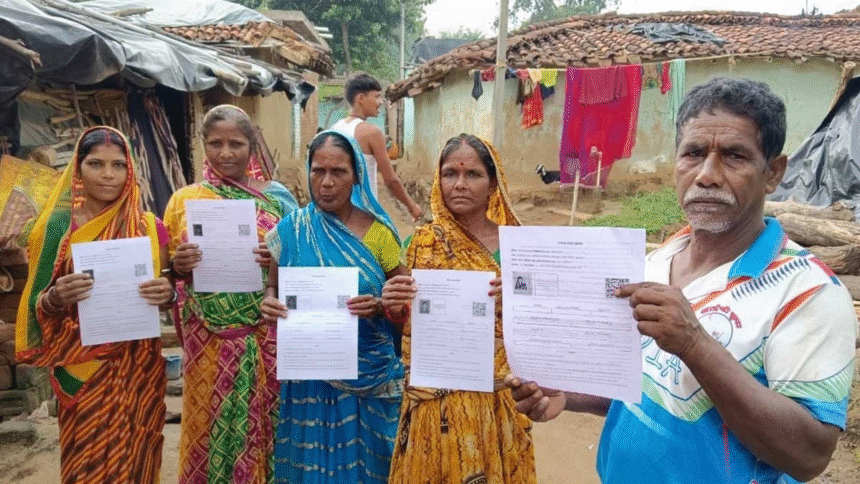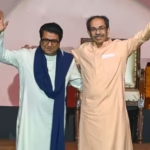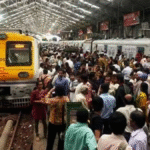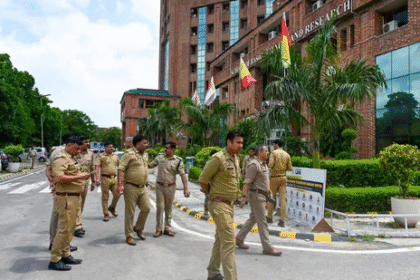Bihar electoral revision: Not just EBCs, minorities, disquiet among upper castes as well
Bihar’s 2025 electoral roll revision sparks unrest across voter groups — with over 3 million EBCs, minorities, and upper-caste voters affected, concerns over fairness and representation are mounting
Dominated by upper-caste households, Saurath village of Madhubani in Bihar is known across the region for its annual “sabha” when Brahmin men of “marriageable age” get dressed as grooms and await a “wedding offer”. These days, however, the wait in Saurath is for something else.
“Out of 2,200 domicile applications submitted from our panchayat alone, only 150 certificates have been issued so far,” says Vibhakar Jha, son of Saurath panchayat mukhiya Kamini Devi.
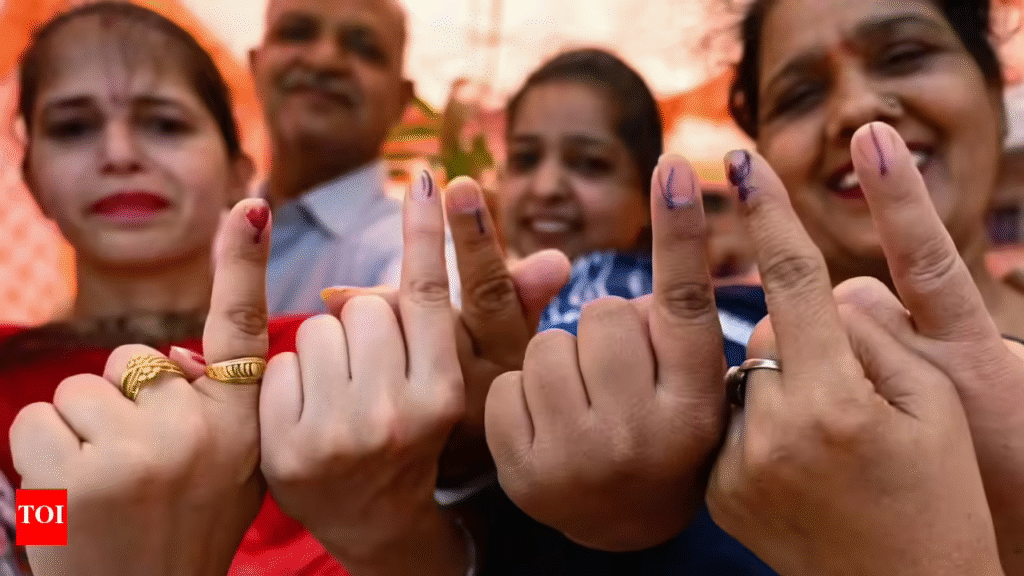
It is not just the poor and marginalised but, in a state where caste divisions run deep, there is disquiet among upper caste voters as well about the additional documents required to register as a voter under Special Intensive Revision of electoral rolls.
“(A domicile certificate is) one of the easiest documents to obtain from the Election Commission’s list of 11. There is a large number of upper caste people in the queue here… this unnecessary revision is hurting everyone,” says Jha. “Don’t harass us in the name of documents,” says Chinta Devi, another resident of Saurath.
It’s a refrain heard across villages in the region where upper castes are in a majority — this segment constitutes over 15 per cent of the state’s population, including 4.5 per cent from the Muslim sub-groups of Sheikh, Saiyad, Mughal and Pathan.
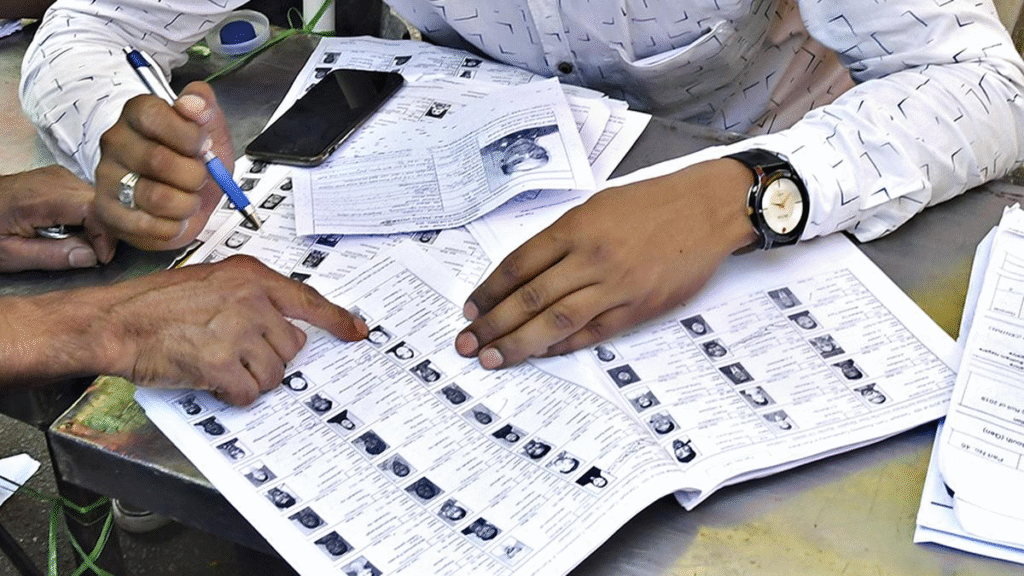
The sense of unease echoes the despair among voters in the margins, from Extremely Backward Classes (EBCs) to minorities, as The Indian Express reported in its ongoing series on the Special Intensive Revision — from Chief Minister Nitish Kumar’s turf in Nalanda and RJD chief Lalu Prasad’s Raghopur in Vaishali to Muslim-dominated Seemanchal.
Among Hindus, the upper caste numbers in Bihar include Brahmins (3.65 per cent), Rajputs (3.45 per cent), Bhumihars (2.8 per cent) and Kayasthas (0.89 per cent). Largely viewed as an NDA votebank, this social group, which lost its political hegemony in the 1990s, also supports the RJD and Congress.
This group is spread across the state, with significant numbers in Aurangabad, Rohtas, Bhojpur, Saran, Banka, Darbhanga, Madhubani, Begusarai, Muzaffarpur, Sitamarhi and Patna. The Indian Express spoke to several BLOs (Booth Level Officers) in these areas — a common estimate was that “about 30 per cent” upper-caste voters have applied for domicile certificates under their jurisdiction.
Local authorities of Saurath panchayat under Rahika block, which has a dominant Brahmin population, say their problem is two-pronged: how to handle “over 3,000-4,000” domicile applications being submitted daily since last week and how to get over 40 per cent of the local population that migrated back home to update and submit their electoral forms.
Take the case of Navtoli Magrauni (Ward number 7), under the Madhubani Nagar panchayat, just 7 km from Saurath. “Our small settlement of mostly Brahmins has about 400 voters but 50 per cent of them have been living outside Bihar. Four members of my own family live in Delhi. Now does that mean that 200 people could lose their votes if they are not present during the electoral revision?” asks Satish Chandra Mishra, the husband of former Magrauni mukhiya Rekha Mishra.
Says Mishra’s neighbour Rajkishore Jha: “Earning our daily bread is more important than voting. People have migrated from Bihar as the state cannot provide jobs… This SIR has given a bonanza for photostat and cafe owners. It hurts everyone, upper castes are as much the sufferers as the others.”
Former Bihar Congress state secretary and senior Madhubani leader Krishnakant Jha Guddu says the “SIR exercise has muddled the entire tempo” of the upcoming state polls. “The NDA looks to have committed political harakiri. Supporters of all political parties are unhappy with the voter list revision. We get at least 50 complaints daily, from BLOs not cooperating with applicants to low disbursal of domicile certificates,” he says.
Says Ranjeet Nirguni, a BJP leader in the Bhumihar-dominated Sarairanjan area of Samastipur: “As a public representative, I get the maximum number of complaints about domicile certificates. I am also hearing complaints of BLOs leaving behind enumeration forms in homes that are shut to show that they are on the job.”

Priti Aman, the wife of a local entrepreneur from Gangsara village in Sarairanjan, has “just applied for domicile”. “I hope I get it fast,” she says.
In Rajout village of Ramchua in Banka, homemaker Shilpi Kumari (24) says she has “only Aadhaar and ration cards”. “I voted in 2020 (Assembly elections) and 2024 (Lok Sabha polls). I want to vote again this year (in the state polls). The BLO has been asking me to get a domicile certificate for my form to be uploaded,” she said.
Given the uncertainty, getting the much-needed certificate is a cause for celebration.
Says Poonam Kumari, a homemaker and cancer survivor from Madhubani: “It is such a relief to get my domicile certificate. I believe in the beauty of the electoral process. I remain a voter. Thank God!”


